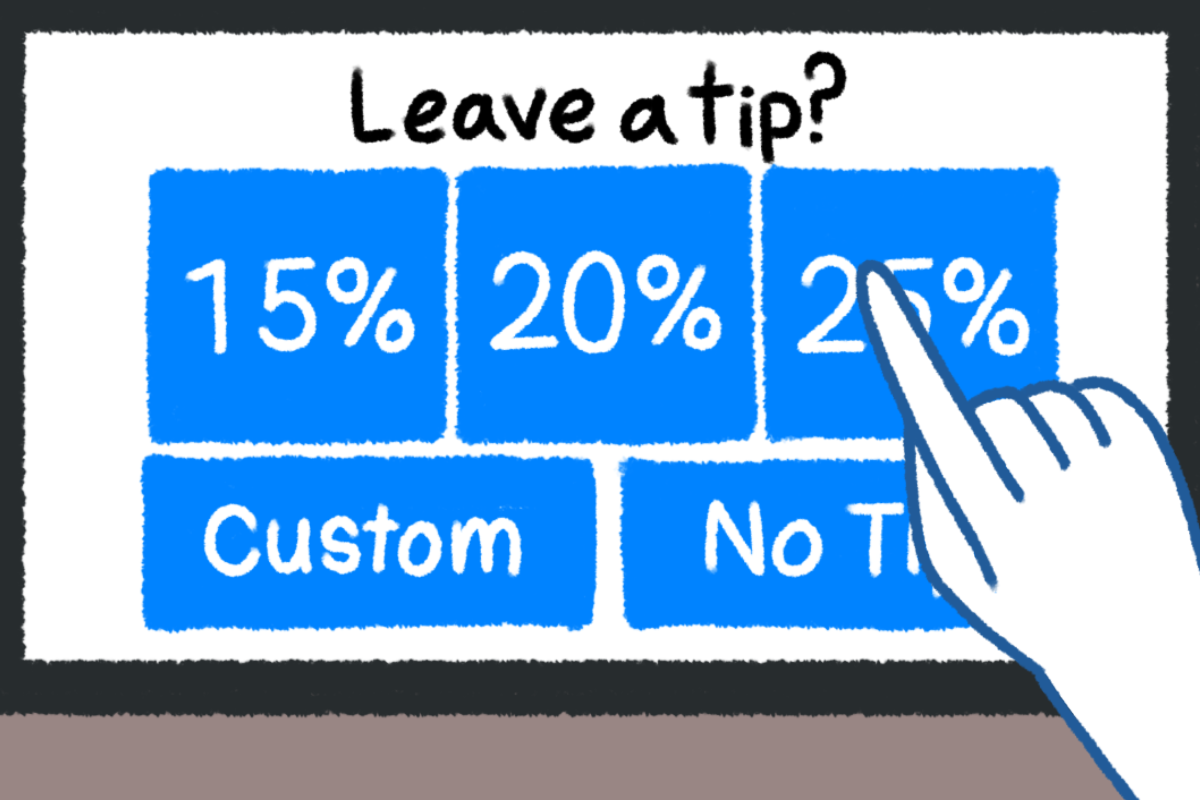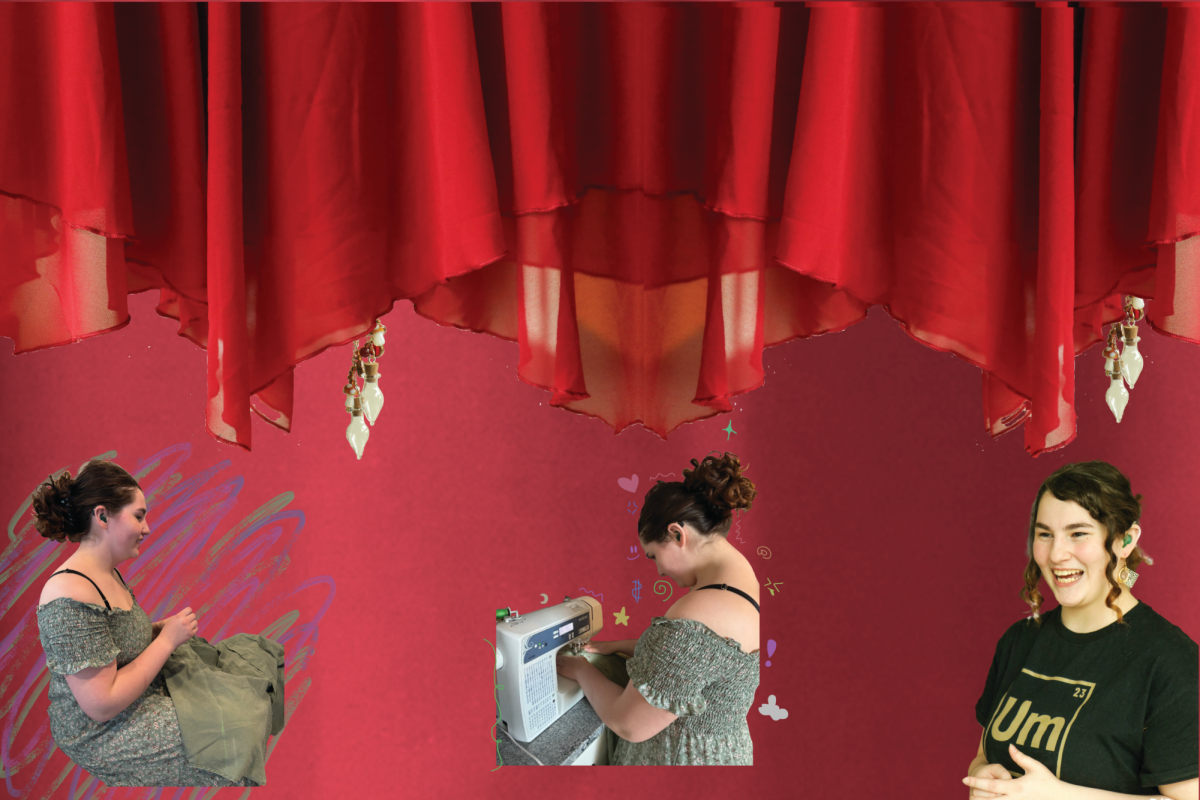Tipping culture is defined as the societal expectations around gratuity. It is something that people participate in daily, whether it’s tipping the person who made your coffee, the waiter at a restaurant or even the cashier at your grocery store.
However, it has not always been this way. In fact, in 1915, the state of Iowa banned tipping altogether. According to Investigate Midwest, this was because State Rep. Arch W. McFarlane of Waterloo thought tipping was “evil.” He said the law would save thousands of dollars for the people of Iowa. But in 1926, tipping was once again legalized.
WSS decided to ask students from West High their thoughts on tipping and possible alternatives to the current system.
The amount that someone should tip is possibly the most important question surrounding tipping culture.
Andreas Warren ’24 used to work at Scooters, a chain coffee shop in the area. When it comes to how much you should tip, all sources seem to agree that you should alter your tip based on the quality of service you receive.
When asked about alternatives to tipping, Warren said to “[Pay] people fair wages, making it so you don’t need that extra piece at the end.” This is very understandable when you see that people who rely on tips can be paid as little as $4.35 an hour, which is $2.90 less than minimum wage.
According to a Forbes 2023 digital survey on tipping culture, around 66% of Americans have a negative view of tipping; Alex Forbes ’26, a runner at Maggie’s Farm Wood-fired Pizza, said, “I believe that it is a good way to show that you think they did a good job.”
But many have a poor opinion of tipping due to the fact that they believe that it is “getting out of control” because tips are now so much higher than they used to be. When asked about this, Warren said, “I think what’s gotten out of control is [the price]. A cup of coffee used to not be $6 with no modifications, then tipping on top of that makes it a lot.”
In conclusion, tipping has gone through its highs and lows all throughout history, from being banned to being something that people do every day. Although tipping is not mandatory, our sources agree that it is important to tip to show appreciation to the employee and because some rely on tips to make up a majority of their paychecks.

















